Vladimir Kramnik, the 14th World Chess Champion, has ignited a firestorm in the chess world with a series of controversial cheating allegations against several prominent players.
Some of these players are Grandmasters David Navara and Daniel Naroditsky.
These accusations have led to legal actions, public rebuttals, and a broader debate about integrity in the game.
A Pattern of Accusations
Kramnik’s recent allegations are not isolated incidents.
Over the past year, he has publicly accused multiple top players of cheating on online platforms, particularly during Chess.com’s Titled Tuesday events.
Among those named are GMs Hikaru Nakamura, David Navara, and Daniel Naroditsky.
These claims have been met with skepticism, as Kramnik has yet to provide concrete evidence to substantiate his accusations.
Chess.com responded by suspending Kramnik’s account for violating their community policy, which prohibits public accusations without proof.
The platform emphasized the importance of maintaining a respectful environment and handling such concerns through proper channels.
The Navara Controversy

Czech Grandmaster David Navara found himself at the center of Kramnik’s allegations when he was included in a list of players with “suspicious” performances.
Navara, known for his integrity and sportsmanship, was deeply affected by the insinuations.
He reported experiencing significant emotional distress, including sleep disturbances and depression, leading him to seek professional help.
In response, Navara penned an open letter detailing the psychological toll of the accusations and called on FIDE to take action.
FIDE publicly supported Navara, describing him as a “paragon of fair play,” and criticized Kramnik’s approach for causing unnecessary harm to the chess community.
Naroditsky’s Rebuttal
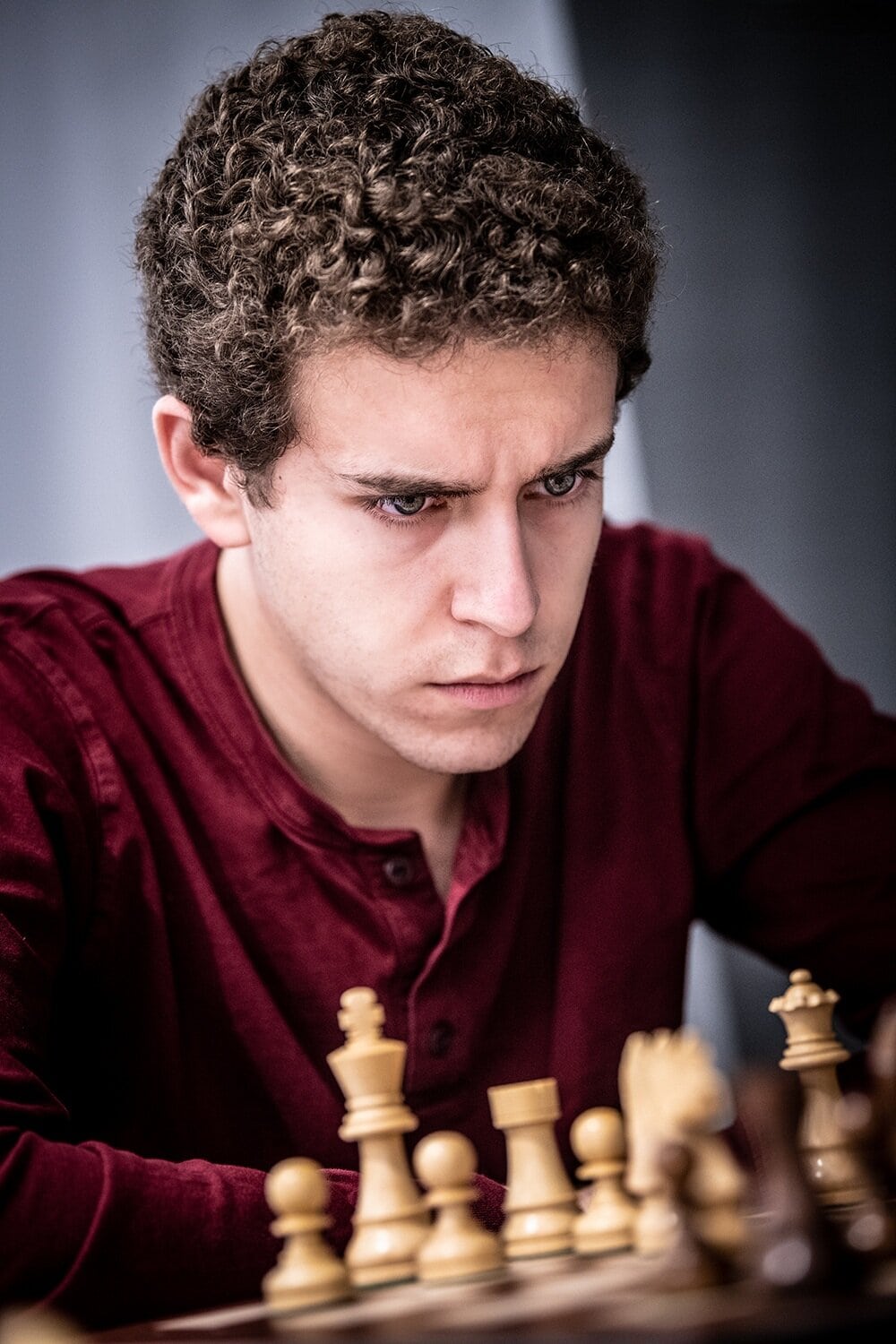
American Grandmaster Daniel Naroditsky, also known as “Danya,” was another target of Kramnik’s allegations.
Kramnik accused Daniel Naroditsky of cheating in online blitz games, specifically citing his play in the Charlotte Chess Center’s FIDE-rated tournaments.
Naroditsky vehemently denied any wrongdoing; in his words, the accusations were “worse than dirt,” and he expressed his dismay over the baseless claims.
He emphasized his commitment to fair play and highlighted the damage such unfounded accusations can inflict on a player’s reputation and mental well-being.
Legal Actions and FIDE’s Response
In a surprising turn, Kramnik filed a defamation lawsuit in Geneva against Navara, Chess.com, and the news outlet Chessdom.
This move was met with widespread criticism. FIDE condemned the lawsuit, stating that it brought “a lot of harm to the chess community” and reiterated their support for Navara.
Armenian Grandmaster Levon Aronian, a longtime friend of Kramnik, publicly urged him to reconsider his actions.
In an open letter, Aronian expressed his concern over the escalating conflicts and emphasized the need for unity and mutual respect within the chess world.
The Hans Niemann Paradox
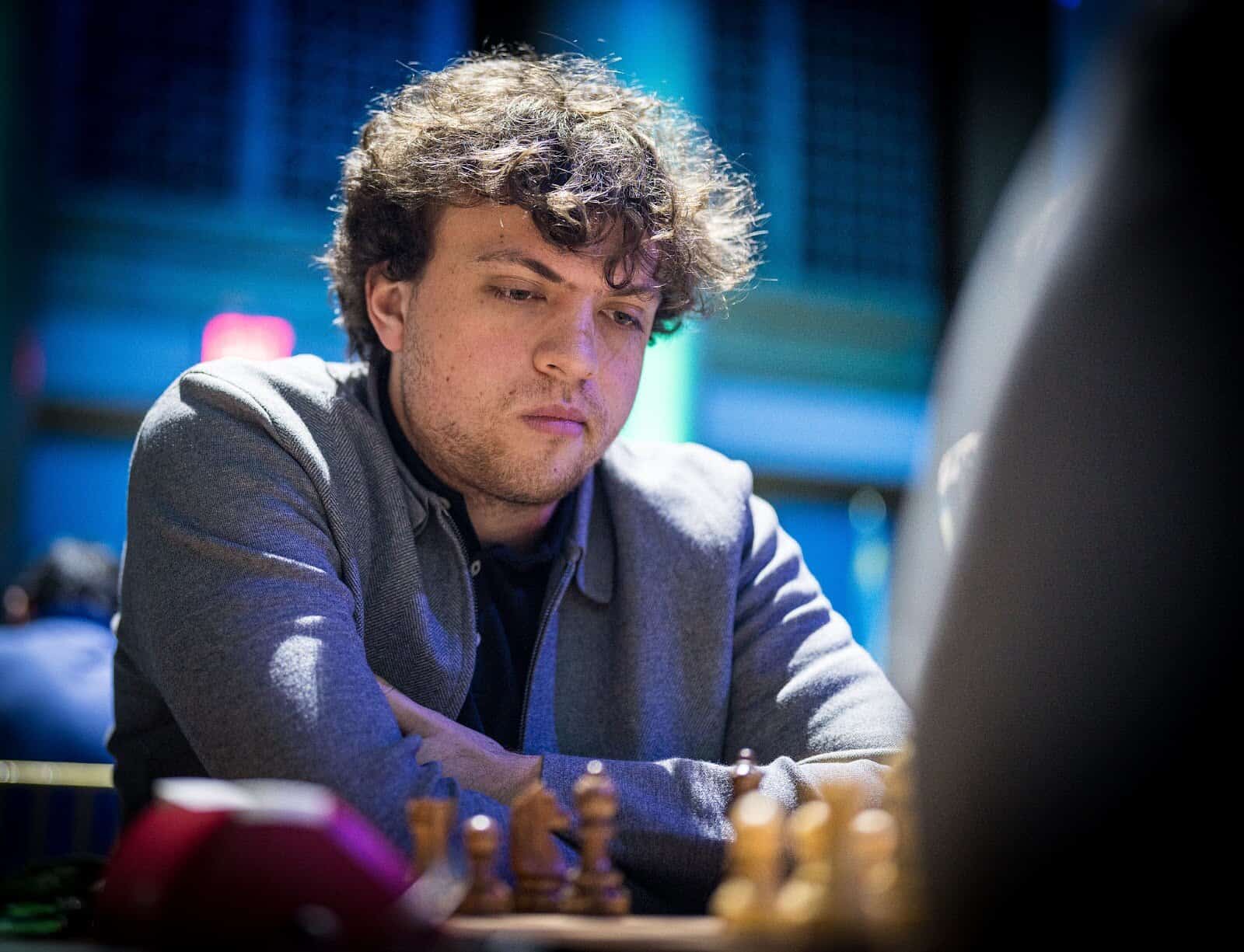
Interestingly, Kramnik’s stance on cheating appears inconsistent when considering his relationship with American Grandmaster Hans Niemann.
Niemann admitted to cheating in online games during his youth but has since been working to rebuild his reputation.
Kramnik has been seen supporting Niemann, even accompanying him at events and offering coaching assistance.
This support contrasts sharply with his aggressive accusations against other players, leading to questions about the criteria Kramnik uses to judge others.
A Look Back: The “Toiletgate” Incident
Kramnik’s current actions echo past controversies, notably the “Toiletgate” scandal during the 2006 World Chess Championship against Veselin Topalov.
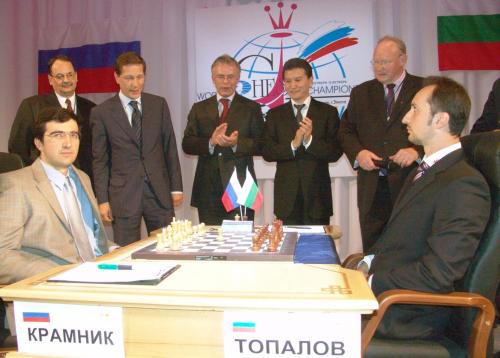
In that incident, Kramnik was accused of frequent bathroom breaks, leading to suspicions of cheating.
While no evidence was found, the episode left a lasting mark on the chess community and highlighted the challenges of maintaining trust and integrity in high-stakes matches.
It might also have ignited or reinforced Kramnik’s resolve regarding cheating. Who knows?
Conclusion
Vladimir Kramnik’s recent allegations have stirred significant controversy, leading to legal battles, public disputes, and a broader discussion about fairness and integrity in chess.
While the pursuit of a clean and honest game is commendable, the methods employed must be grounded in evidence and handled through appropriate channels to preserve the dignity and unity of the chess world.





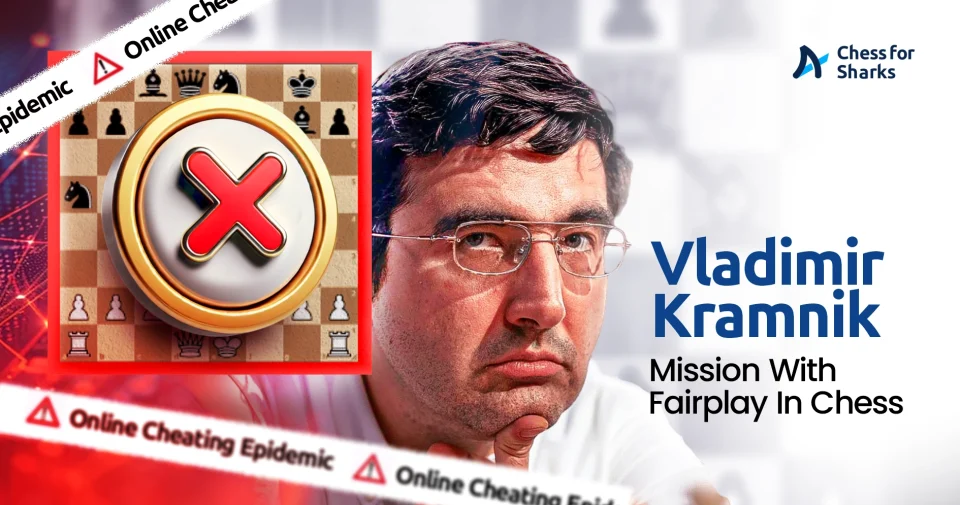
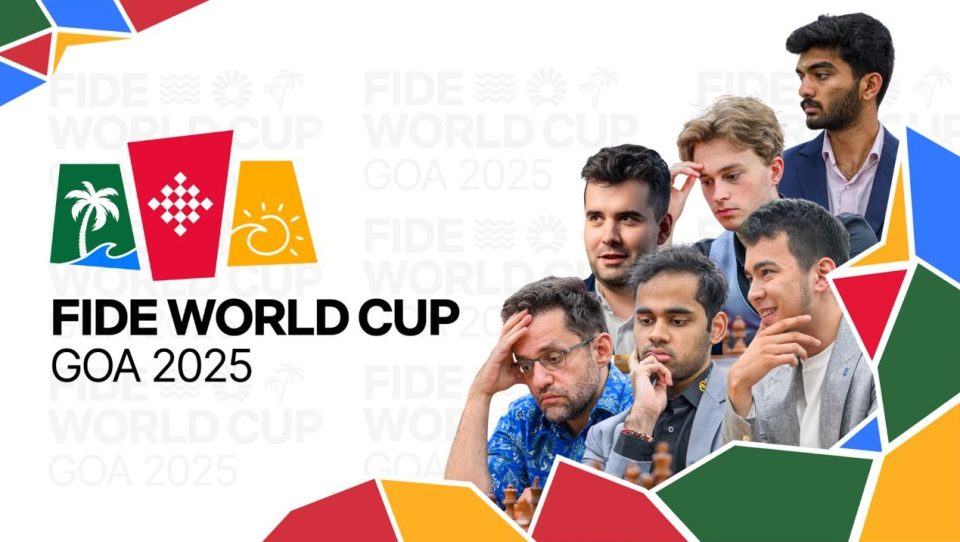
join the conversation